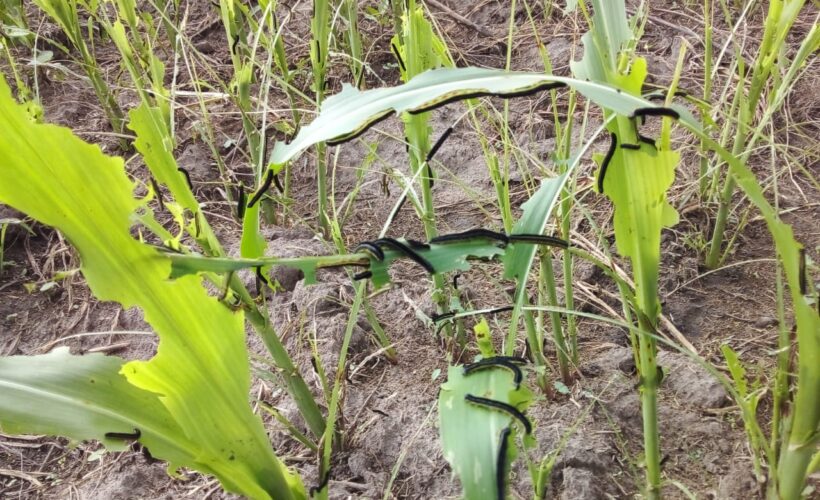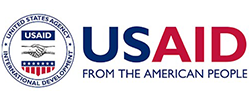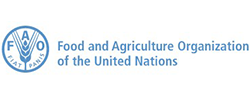



The Desert Locust Control Organization for Eastern Africa (DLCO-EA) is a regional pest and vector management organization established by an International Convention signed in Addis Ababa, Ethiopia in 1962. Member Countries of the Organization include Djibouti, Eritrea, Ethiopia, Kenya, Somalia, Sudan, South Sudan, Tanzania and Uganda.
Initially, the Organization was mandated to promote control operations and forecast techniques against upsurges and plagues of the Desert Locust in the Eastern Africa region.
Later the mandate was extended to include better management of infestations of other migratory pests, particularly the African Armyworm, the grain-eating Quelea bird and the Tsetse fly that transmits the deadly human sleeping sickness (Trypanosomiasis) or nagana to livestock.
Prior to the establishment of DLCO-EA, there existed the Desert Locust Survey (DLS) and Control, which was a Department of East African Common Services Organization.
Mandated Pests
Member
Countries
The Desert Locust Control Organization for Eastern Africa (DLCO-EA) is an organization established by an International Convention signed in Addis Ababa, Ethiopia in 1962. Member countries, which are represented by the Ministries of Agriculture/Livestock include Djibouti, Eritrea, Ethiopia, Kenya, Somalia, South Sudan, Sudan, Tanzania and Uganda, covering a land surface area of about 6,157,725 sq.kms, with an estimated population of over 350 million. Its Headquarters are located in Addis Ababa, Ethiopia with country Control Reserve Bases in each of the Member Countries.
24th -28th October 2022
DLCO-EA
Diamond 60th
Anniversary
The Desert Locust Control Organisation for Eastern Africa (DLCO-EA) marks diamond (60th) anniversary (THE DLCO-EA, 1962-2022!)
Featured Highlights

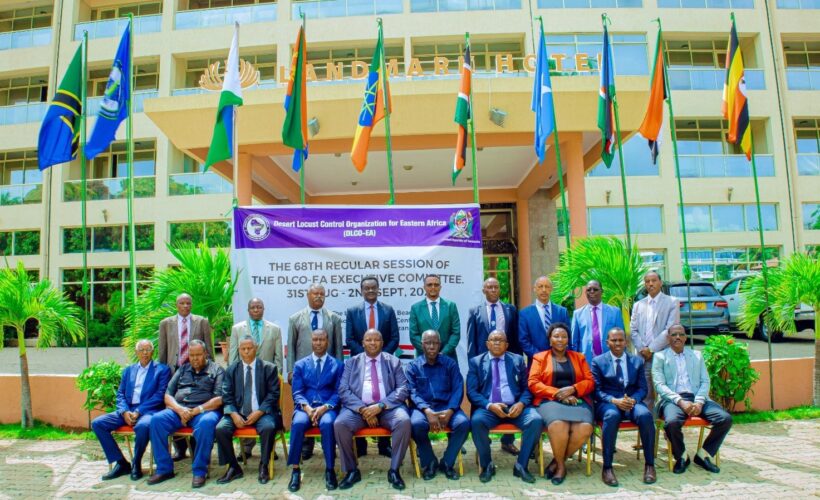
The 68th DLCO-EA Regular Session of Council of Ministers
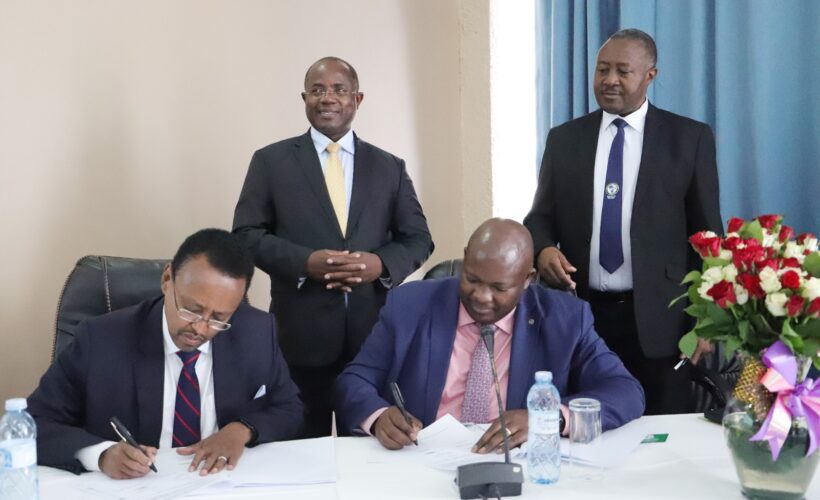
DLCO-EA signs an MoU with IGAD-Climate Prediction and Applications Centre (ICPAC)
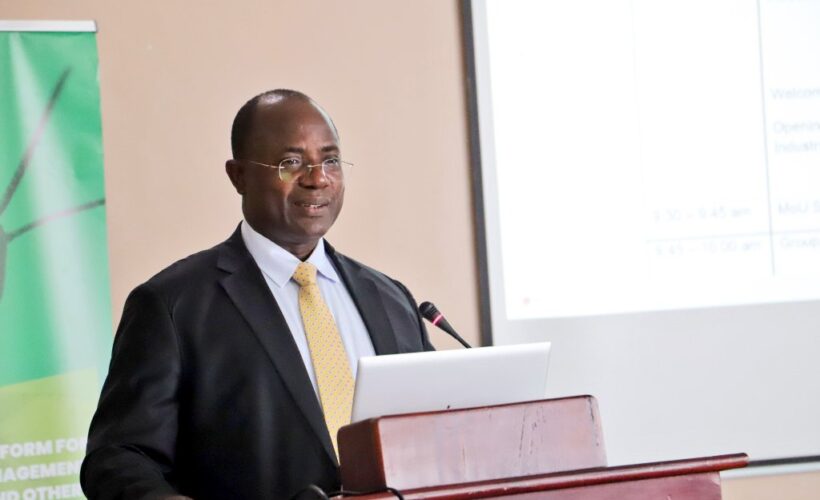
The 2nd Steering Committee Session of the Inter-regional Platform for Sustainable Management of Desert Locust and other Trans-boundary Pests
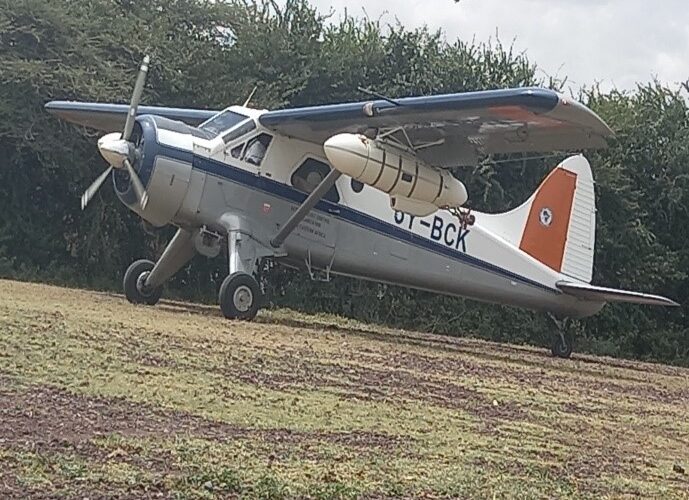
Quelea birds control operation in Ethiopia, December 2022
